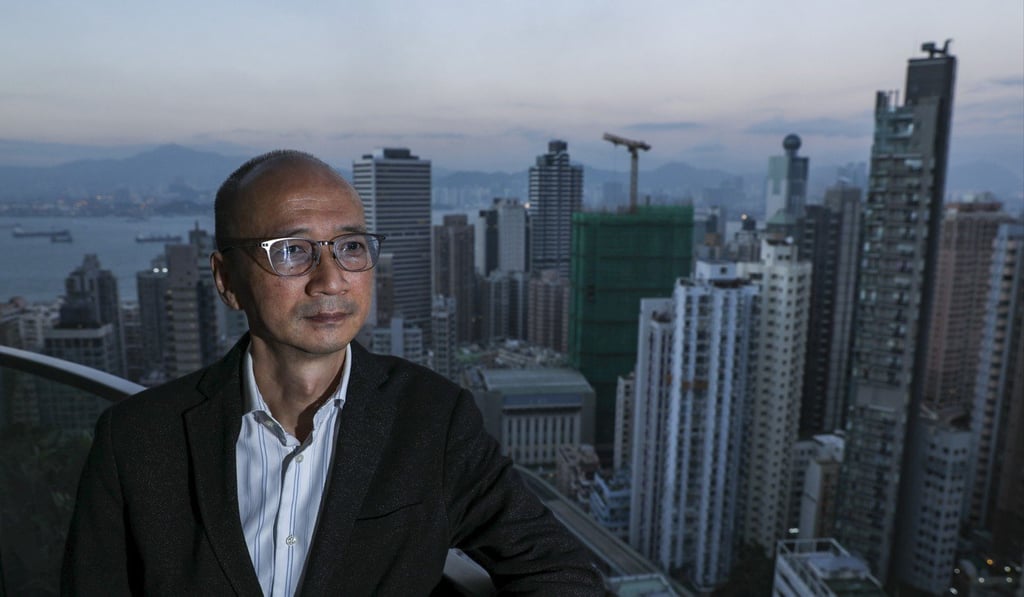Advertisement
Chief Executive Carrie Lam’s reframing of battle with protesters as about sovereignty will fuel anger, observers and pro-Beijing lawmakers warn
- Reactions to city leader’s remarks draw harsh criticism, one analysts saying ‘the confrontation is set to escalate’
- Beijing loyalists also unimpressed by Lam’s press conference, which did not offer a way out of the current crisis
Reading Time:3 minutes
Why you can trust SCMP

The move by Hong Kong leader Carrie Lam Cheng Yuet-ngor to define the recent unrest in the city as an attack on Beijing’s sovereignty could escalate already heightened tensions between the government and its opponents, political observers have warned.
One analyst said Lam’s comments – her first in public in two weeks – would only fan the flames of discontent, and would do little to end the weeks of protests, most of which are increasingly violent.
Hong Kong was brought to a standstill on Monday morning as protesters paralysed the city’s MTR railway system by blocking train doors, in response to calls for a citywide strike.
Advertisement
Lam said she would not accept any of the protesters’ demands, such as for her to resign and for a commission of inquiry into the clashes between demonstrators and police that have roiled the city since early June.
She insisted the protests were no longer about her governance or the now-shelved extradition bill, which would have allowed the transfer of criminal suspects to mainland China and other jurisdictions with which the city does not have a formal handover agreement.
Advertisement

Advertisement
Select Voice
Choose your listening speed
Get through articles 2x faster
1.25x
250 WPM
Slow
Average
Fast
1.25x